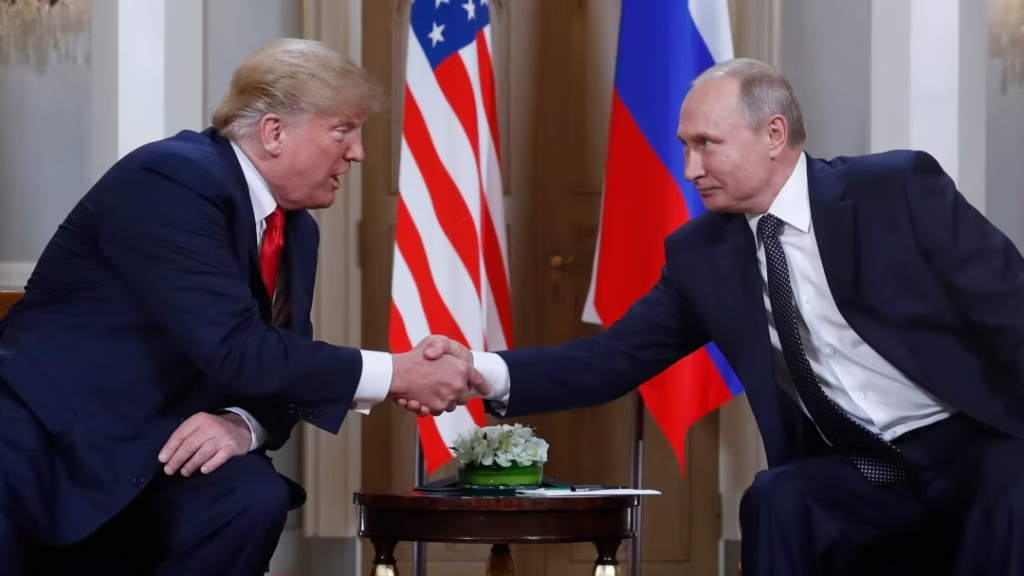ISTANBUL — Hopes for a diplomatic breakthrough in the Russia-Ukraine war were dealt a major blow Wednesday after both Russian President Vladimir Putin and U.S. President Donald Trump confirmed they would not attend the landmark peace talks scheduled for Thursday in Istanbul.

The Kremlin released its official delegation list on the eve of the negotiations, notably excluding Putin’s name—despite repeated calls from Ukrainian President Volodymyr Zelensky for a face-to-face meeting with his Russian counterpart. The move is seen by analysts and Western leaders as a deliberate snub to the international effort to broker a ceasefire.
Zelensky had challenged Putin to engage directly in the negotiations, saying a personal dialogue was essential for any meaningful resolution. Instead, the Kremlin will send a high-level delegation including a presidential advisor, top diplomats, and senior intelligence and military officials, but Putin’s absence is expected to overshadow the proceedings.
Shortly after the Kremlin announcement, a U.S. official confirmed Trump will not attend the Istanbul summit either, despite having previously floated the idea while on a high-stakes Middle East tour.
Speaking aboard Air Force One, Trump hinted earlier this week that he might consider a stop in Istanbul if “things could happen,” and said Putin “would like me to be there.” But as of Wednesday, Trump confirmed he would remain on his Middle East itinerary.
He had already appointed a diplomatic delegation led by Secretary of State Marco Rubio and senior envoys Steve Witkoff and Keith Kellogg to represent U.S. interests at the table.
Zelensky’s attendance is now uncertain. His participation could hinge on the presence—or absence—of key world leaders, particularly with the summit’s potential significance diminished by the nonappearance of both Putin and Trump.
Putin’s refusal to attend comes despite a direct appeal from Brazilian President Luiz Inacio Lula da Silva, who met with Putin in Moscow last week and urged him in a follow-up call Wednesday evening to engage with Zelensky in Istanbul.
Ironically, the idea for direct peace talks without preconditions was initially floated by Putin himself. If the summit proceeds, it would mark the first formal negotiation between Russia and Ukraine since March 2022, just a month after Russian forces invaded Ukraine.
The Istanbul peace initiative comes amid rising international pressure on the Kremlin. Over the weekend, the leaders of France, Germany, the United Kingdom, and Poland gathered in Kyiv to demand a 30-day ceasefire, warning that refusal to cooperate would result in crippling new sanctions on Russia.
Zelensky has echoed those calls, urging Western allies to intensify sanctions if Putin fails to show up for the talks. “If Putin continues to avoid the path of peace, the world must respond with strength,” Zelensky said in a televised address Wednesday.
Trump, meanwhile, has continued his whirlwind Middle East diplomacy, making stops in Saudi Arabia, Qatar, and the United Arab Emirates. His trip has already yielded massive economic agreements, including $600 billion from Saudi Arabia and $1.2 trillion from Qatar, according to White House officials.
Despite the diplomatic absence of both Putin and Trump, the Istanbul summit is still expected to proceed, albeit with tempered expectations. Observers say the absence of top-level leadership may significantly limit the possibility of a concrete breakthrough, leaving the region’s future—and the war’s end—uncertain.



